Conclave held on E-waste management
Speakers call for developing sustainable policies for handling electronic products
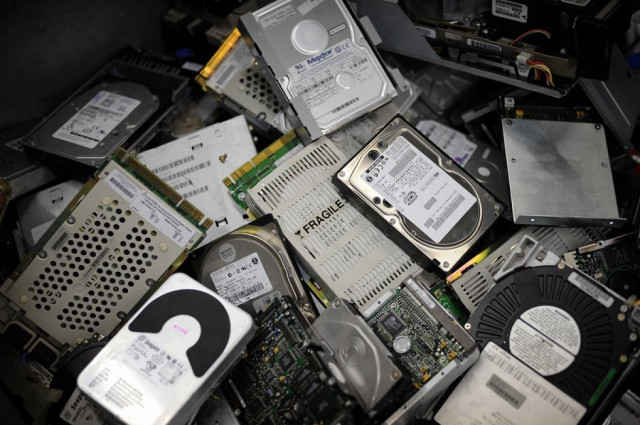
Speakers at a policy conclave on E-waste management held at COMSATS University Islamabad (CUI) on Friday called for devising a revised policy, with consolidated the approach towards handling of E-waste.
The event was arranged with the support of Dr Jabir Syed from the Meteorology Department and Dr Tahir Mumtaz Awan from China Study Centre.
Prof Dr Sajjad Ahmed Madani said that according to a live counter of e-waste in 2022, over nine million tons of electrical items have been disposed of. He recommended the usage of 3Rs (reduce, reuse, recycle) and returning products to manufacturers rather than throwing them away.
Dr Jabir Syed gave an overview about E-waste, which includes all the electronics that are not being used anymore.
As per the collected statistics, 53 million tons of E-waste is being produced every year.
He mentioned that China has banned solid waste in 2019 and extracted 1 ton of gold from E-waste.
Prof Dr Perihan Kurt- Karakus, Busra Technical University, Turkey joined the conclave via video conference. She talked about the whole sampling strategy of their research process and gave a detailed description of the method which is being used by them to deal with the E-waste.
Moving on, Ministry of Climate Change Deputy Director Dr Zaigham Abbasas the first keynote speaker listed various projects, which include Mina Matta Convention and Basel Conventions.
He suggested that that we should also go for extracting precious metals from the E-waste.
He underlined the unfortunate burning of the E-waste in some cities of Pakistan and explained that there are no adequate regulatory measures for handling E-waste properly.
Dr Zaigham concluded with the remarks that we need to comply with international conventions and create mass awareness among the common people.
He recommended a sound environment for the implementation of the policy made for the handling of the E-waste.
Pakistan Science Foundation's Dr Tahir Waseem proposed some policies, which included increasing the linkages between media academia and industry and provision of scholarships to the students for studying abroad and having an exposure to the international world.
Prof Kevin C Jones, Lancaster University, United Kingdom also attended the session via video conference. His proposition was that E-waste is not properly handled in Pakistan irrespective of the fact that Pakistan is the second largest importer. Dr Tahir Mumtaz Awan and Dr Jabir Syed moderated the discussion session by explaining the agenda items to the discussants.
Published in The Express Tribune, August 6th, 2022.

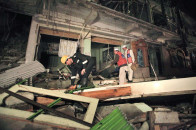

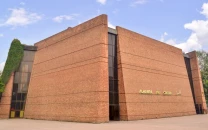
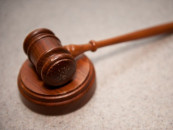

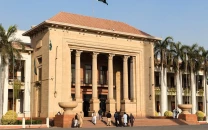












COMMENTS
Comments are moderated and generally will be posted if they are on-topic and not abusive.
For more information, please see our Comments FAQ